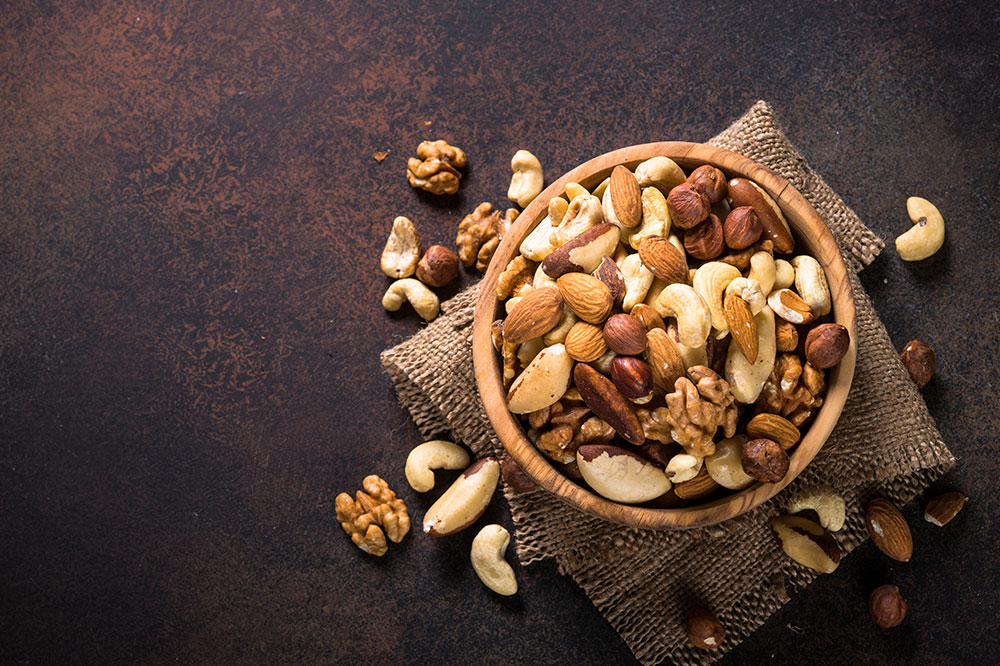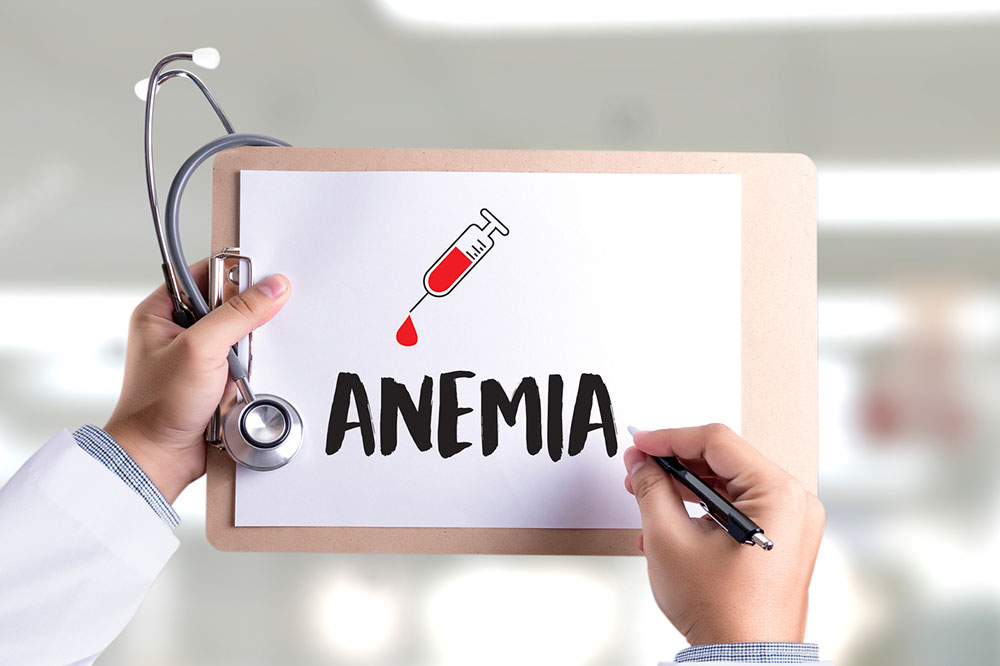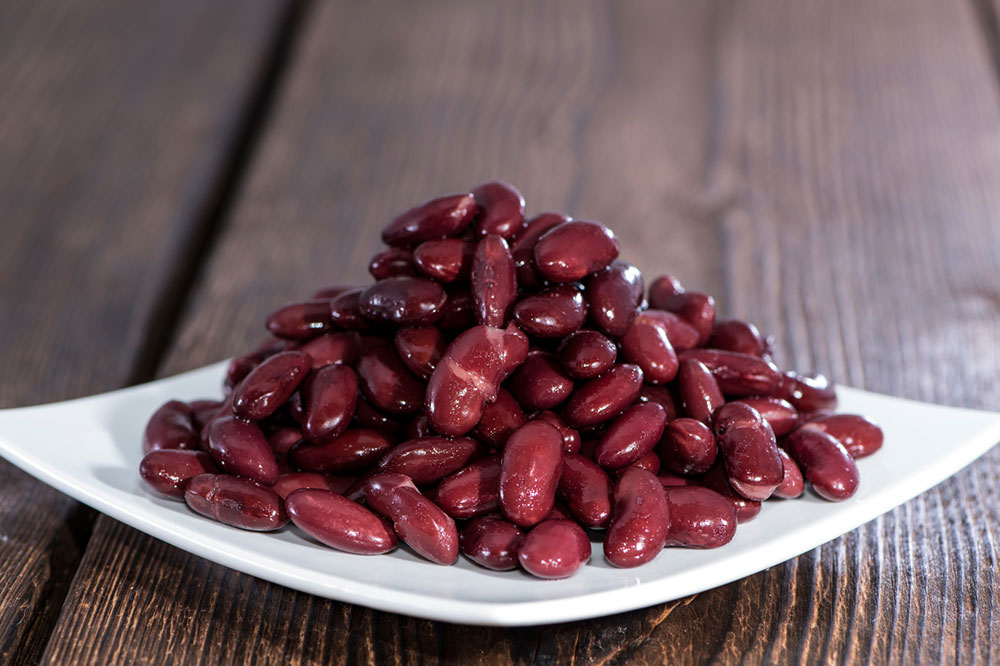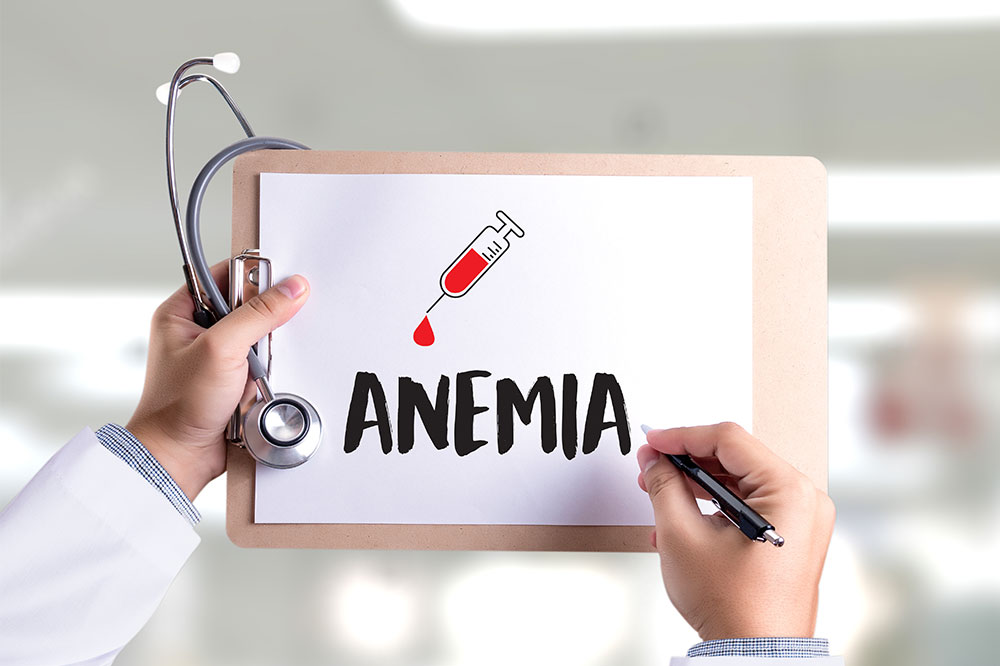Top 6 Nutrient-Rich Foods to Combat Anemia
This article highlights six key foods that help manage anemia by boosting iron intake naturally. It details the benefits of leafy greens, organ meats, seafood, legumes, and medicinal options, emphasizing the importance of proper nutrition and medical consultation for anemia treatment.
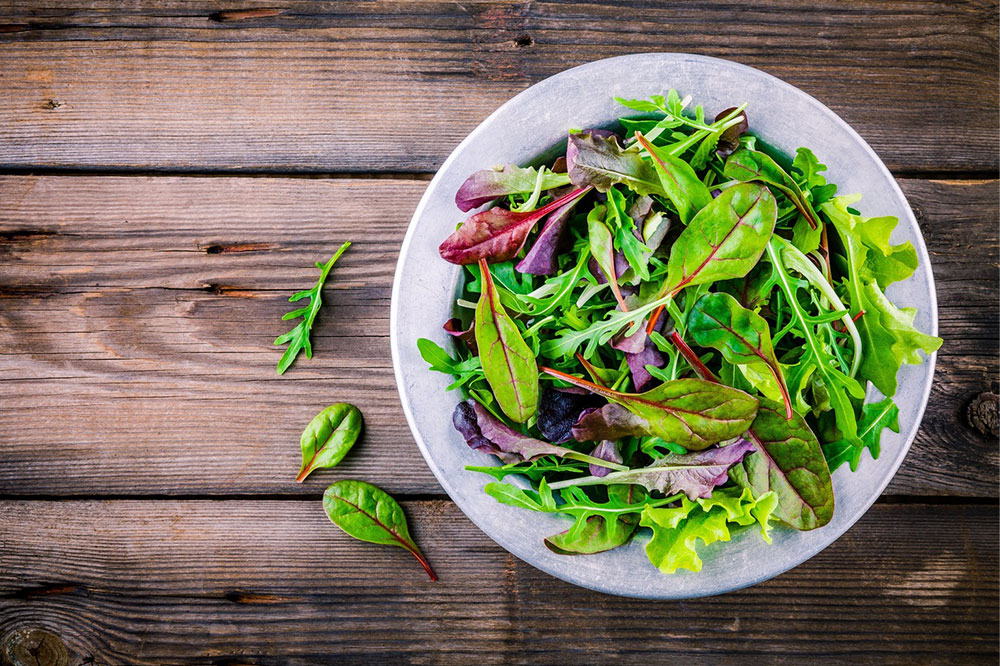
Understanding Anemia and Dietary Solutions
Anemia arises from a deficiency in healthy red blood cells that carry oxygen throughout the body. It may result from substantial blood loss, impaired production of red blood cells, or their premature destruction. Managing anemia often involves dietary adjustments and lifestyle changes. Consuming nutrient-dense foods is crucial to addressing the root causes and easing symptoms. Incorporating specific foods into your diet can significantly boost your iron intake and overall health.
Essential Foods for Managing Anemia
Dark leafy greens such as spinach, kale, collard greens, Swiss chard, and dandelion greens offer a rich source of non-heme iron essential for blood health. Swiss chard and collard greens are also loaded with folate, which is vital for preventing folate deficiency anemia.
Organ meats like liver are excellent sources of iron. Options include liver, heart, kidney, and beef tongue, provided they are sourced sustainably and prepared hygienically.
Seafood such as tuna and salmon supply heme iron, which is easily absorbed by the body. Shellfish like oysters, clams, crabs, shrimps, and scallops are also high in iron.
Blackstrap molasses is packed with essential nutrients like vitamin B6, magnesium, selenium, and calcium, all of which support anemia management.
Legumes such as beans—including kidney beans, chickpeas, pinto, peas, lima beans, and soybeans—are excellent plant-based sources of protein and iron, ideal for vegetarians.
Meat and poultry like lamb, beef, chicken, and other poultry provide heme iron. Pairing these with vitamin C-rich foods enhances iron absorption.
For severe cases, medical treatments like AFSTYLA® may be advised, especially for conditions like hemophilia A, which involve significant blood loss. Always consult healthcare professionals before starting any treatment.
Note: The information provided is for educational purposes only. It should not replace professional medical advice. Always seek guidance from qualified healthcare providers for diagnosis and treatment.

